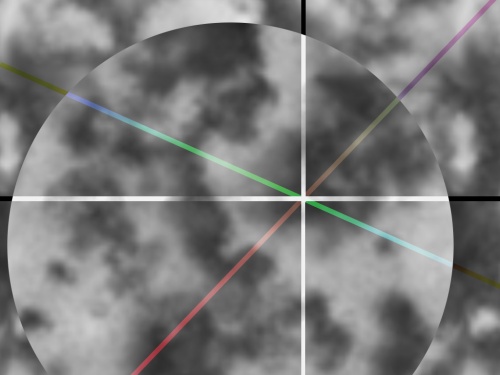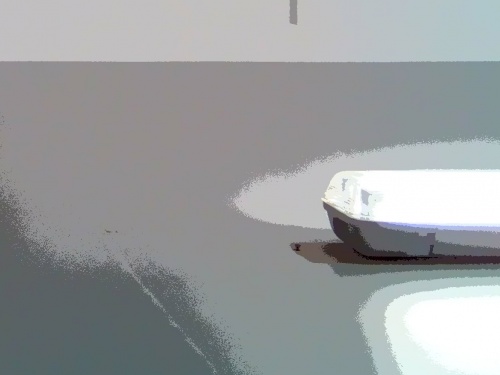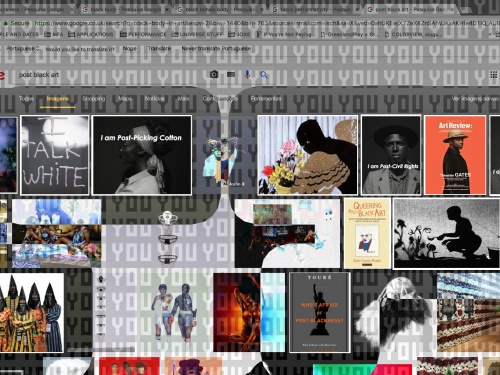ICA Student Forum: Technologies in Times of Turmoil
Considering technology as a barometer of political climates.
This post is part of a Bulletin series dedicated to the ICA Student Forum and designed to enable forum members to showcase their ideas across the ICA’s digital platforms, innovating and experimenting. In 2017, in addition to co-curating and delivering events, talks and workshops as part of the ICA Public Programme, Student Forum members will be working to generate a self-published zine to be launched in December 2017. Reflecting the Forum’s myriad of talents, interests and ideas, the zine will consist of four themes: Performance, Technology, Sound, and Rituals & Non-Spaces.
Co-editors of the ICA Student Forum zine Technology issue Katie Yook and Giancarlo Sandoval explore what our technology says about our society, illustrated using diagrams by artist and cofounder of the School for Poetic Computation Taeyoon Choi from his essay Notes on the Control Society.
This next issue of the ICA Student Forum zine focuses on Technology – not just as a gradually developing sphere of scientific innovation, but also as a barometer of social and political climates. In his 1992 essay Postscript on the Societies of Control [PDF], Gilles Deleuze writes: “types of machines are easily matched with each type of society – not that machines are determining, but because they express those social forms capable of generating them and using them”. Adopting this perspective, what might our machines say about our society?
This question relies on the complex cybernetic relationship between machines and humans, and may be best explored in looking at Personal Tech: individualized apps and devices that fulfill individual needs. These include social interactions on Facebook, on-demand shopping and entertainment on Amazon and Netflix, as well as a range of gadgets: domestic ones like the IPAs described by Anne de Boer, sleep and fitness gadgets like GloToSleep and Jawbone and even long distance relationship gadgets such as Pillow Talk and Kissenger. Given these manifestations, our machines seem to reflect a stressful and lonely society obsessed with evermore opportunities for efficiency; Francesco Spampinato, points out this paradox of “tools that offer relaxation from technology through technology; relief from data overdoses through data stimulation”.
Our machines seem to reflect a stressful and lonely society obsessed with evermore opportunities for efficiency
In addition to enabling targeted advertising, these apps need to track and analyse our behaviour in order to accurately predict and modify it. As a result, we allow them access to the most private realms of our lives. Jonathan Crary references the same essay by Deleuze when explaining how a goal of Google and Facebook [PDF] “is to normalize and make indispensable, as Deleuze outlined, the idea of a continuous interface – not literally seamless, but a relatively unbroken engagement with illuminated screens of diverse kinds that unremittingly demand interest or response”. Constantly syncing among themselves, our machines’ relationship with us becomes ‘continuous’. At the same time, the individual nature of Personal Tech reinforces the idea of the masses, not as collectives, but as “samples, data, markets or ‘banks’”.
With data tracking and analysis, technologies gain the potential to become biopolitical. This includes apparatuses of registration and calculation—ranging from the politics of the border and the biometric registration of bodies—to the abstract, materialised in the form of what Software Studies theorist Benjamin Bratton calls the ‘Platform’ and what Matteo Pasquinelli terms the ‘Metadata Society’.
Technologies have become a main actor in deciding social and political fates
The relentless charge of the technological and political has shown no signs of stopping. Technologies have become a main actor in deciding social and political fates, with technological weapons, international hack attacks, the NSA and the endless registration of our watching and buying habits. But perhaps less visible to the eye is the epistemic change that has brought about cultures that populate corners of the Internet with different versions of what they consider the world. These users—who were born from the digital—are exemplified by the circulation of memes and posts on platforms from Facebook to Reddit, 4chan and 8chan. The Deleuzian hypothesis, however precise for its time, must be renewed to include the idea of a ‘transhumanism’ brought about by the interpolation between the social and the digital. No one ever said transhumanism would be pretty, nor that it would coincide with the interests of neoliberal politics or the progressive imaginaries of the future. Nonetheless, these platforms cultivate communities, activists, and sub-cultures like Redditors, Channers, the Alt-Right, Neoreaction, the Occupy movement and Black Lives Matter. This epistemic change ruptures through the world and forces us to re-shuffle our assumptions about the social field.
Technology is intrinsically attached to politics and both, while being huge and overtly un-graspable, deserve to be vivisected by artists, curators, writers and thinkers in times of turmoil. The forthcoming ICA Student Forum Technology zine will bring together a variety of practices that engage with the complex currents in our technological world. ■
ICA Student Forum is currently accepting submissions. Please contact Katie Yook or Giancarlo Sandoval for more information.
This article is posted in: Articles, Student Forum
Tagged with: ICA Student Forum, Technology, Digital, Student Forum








